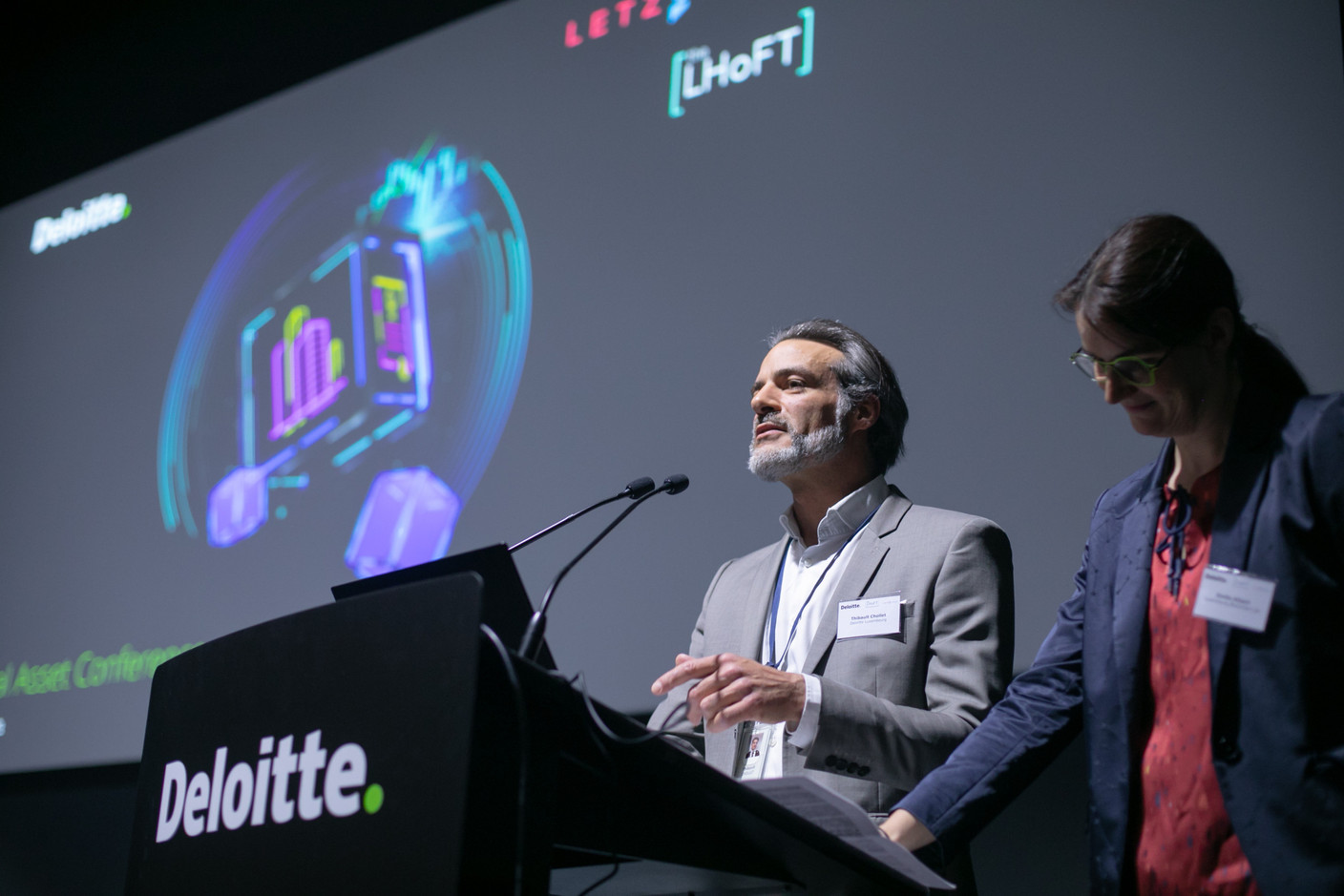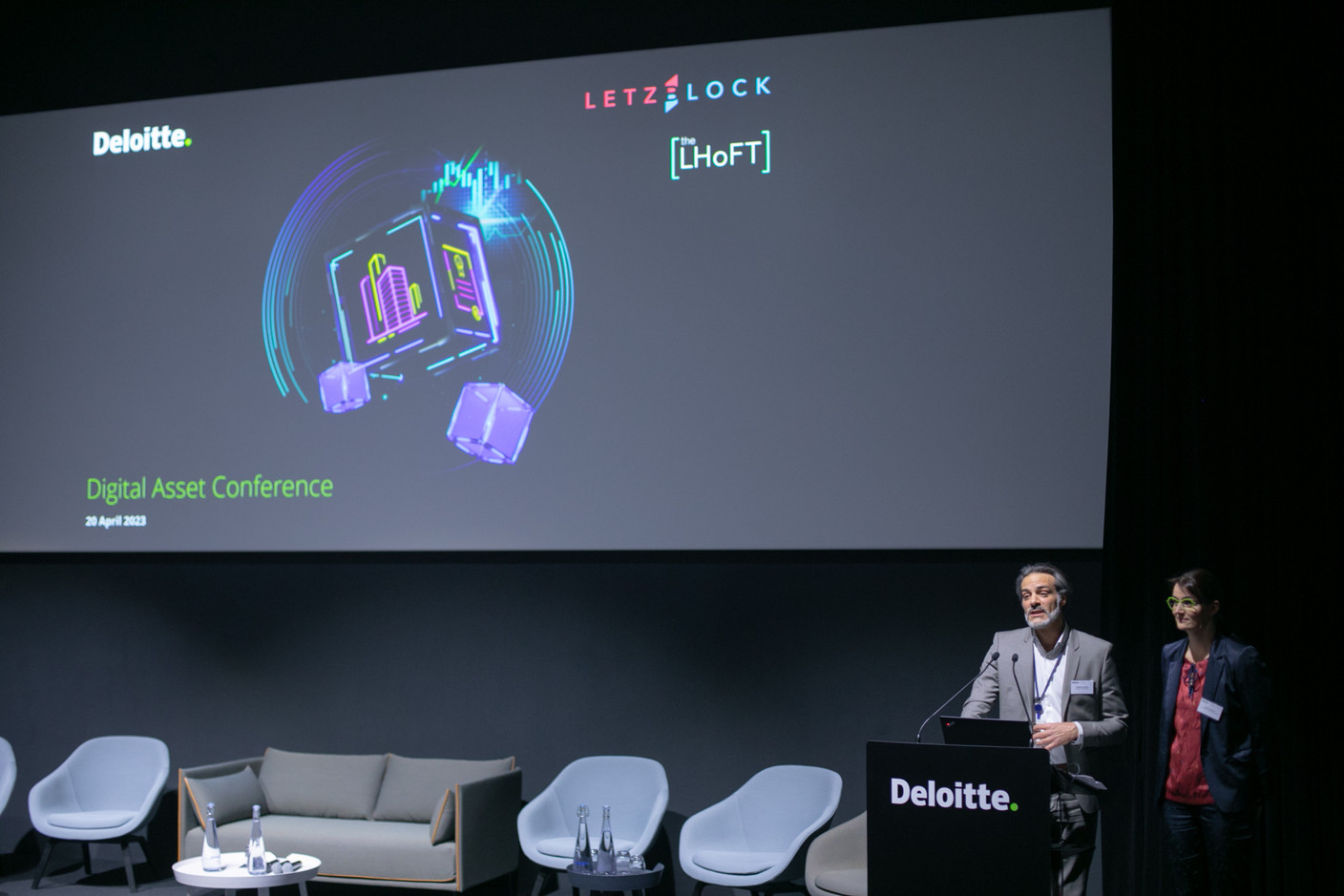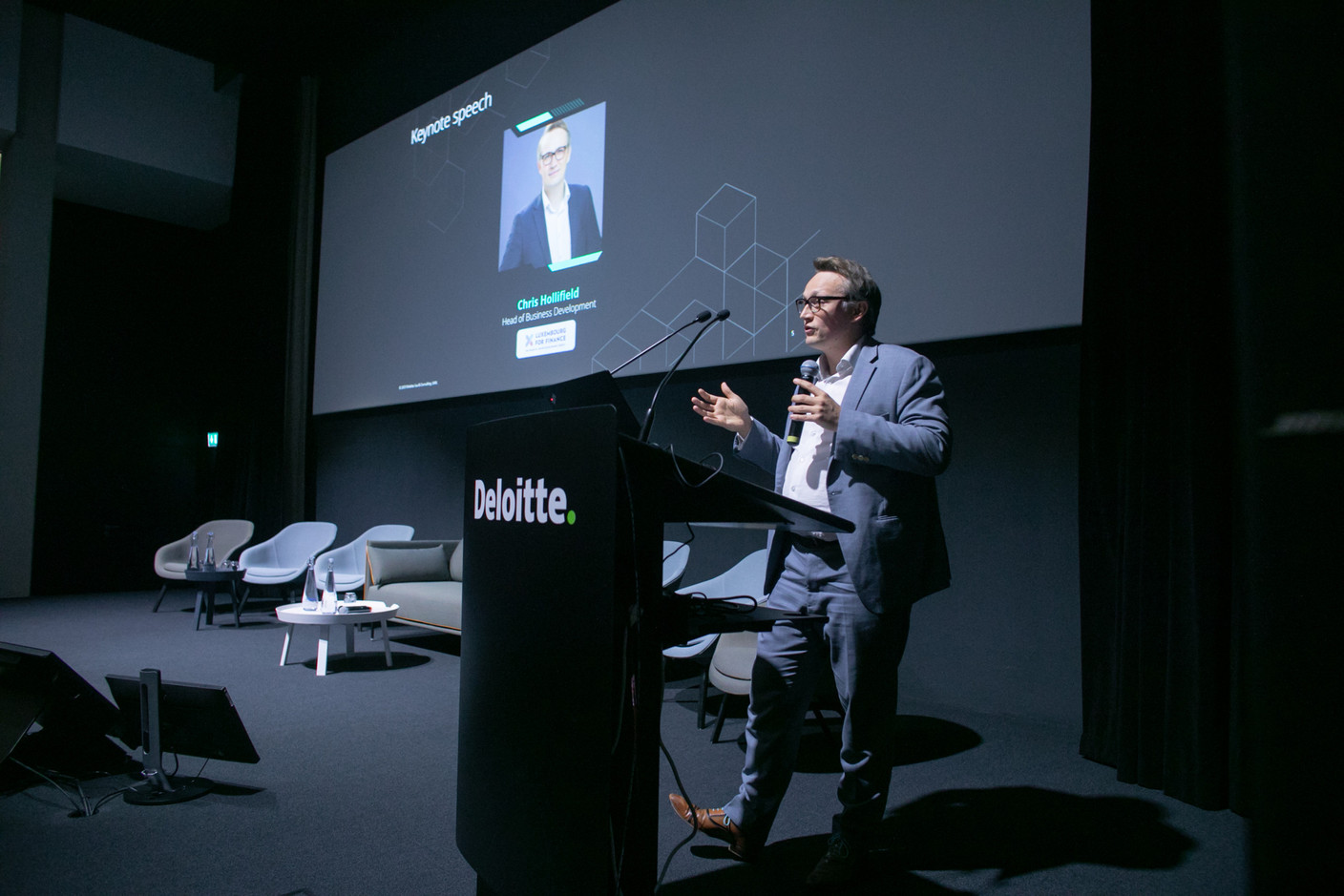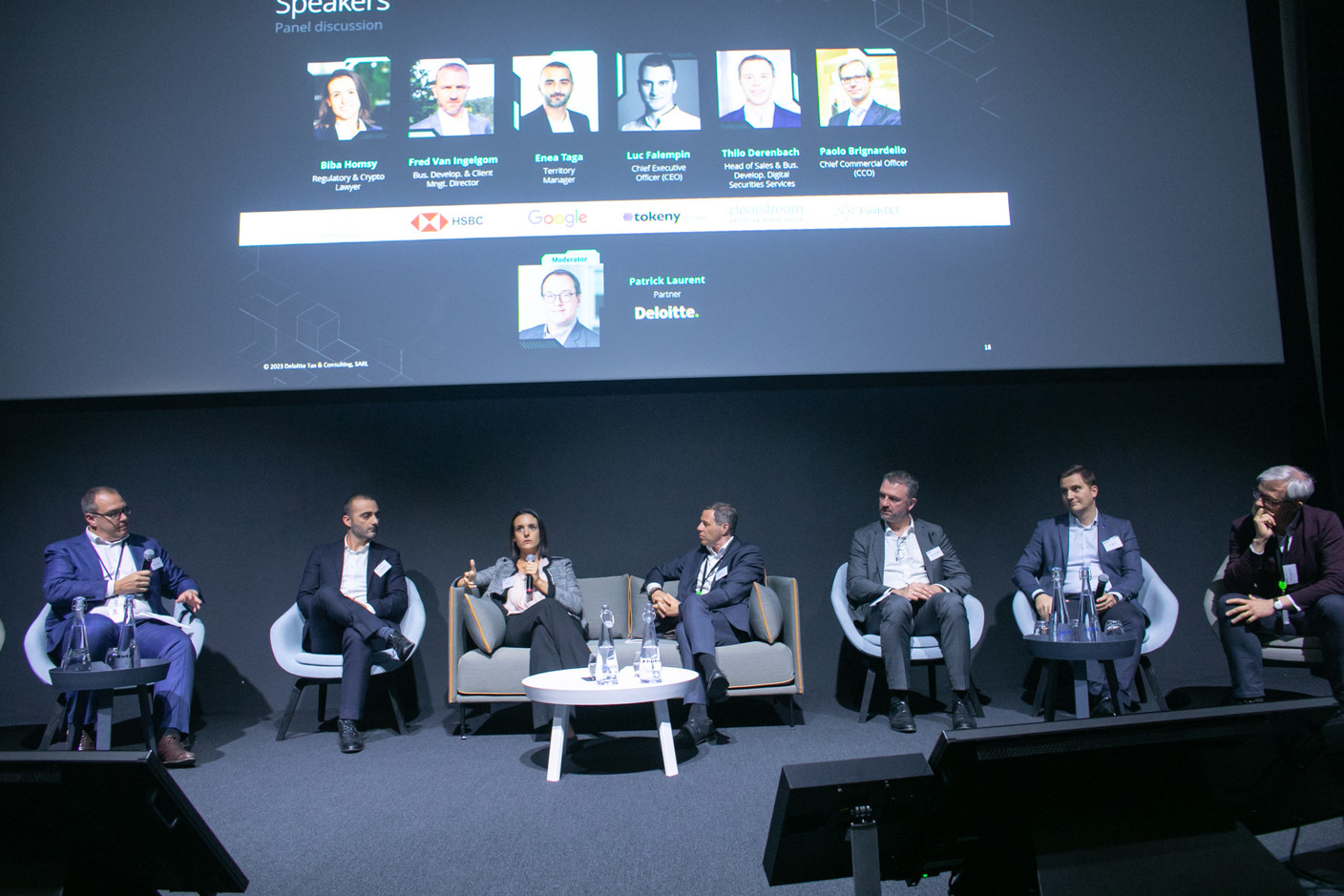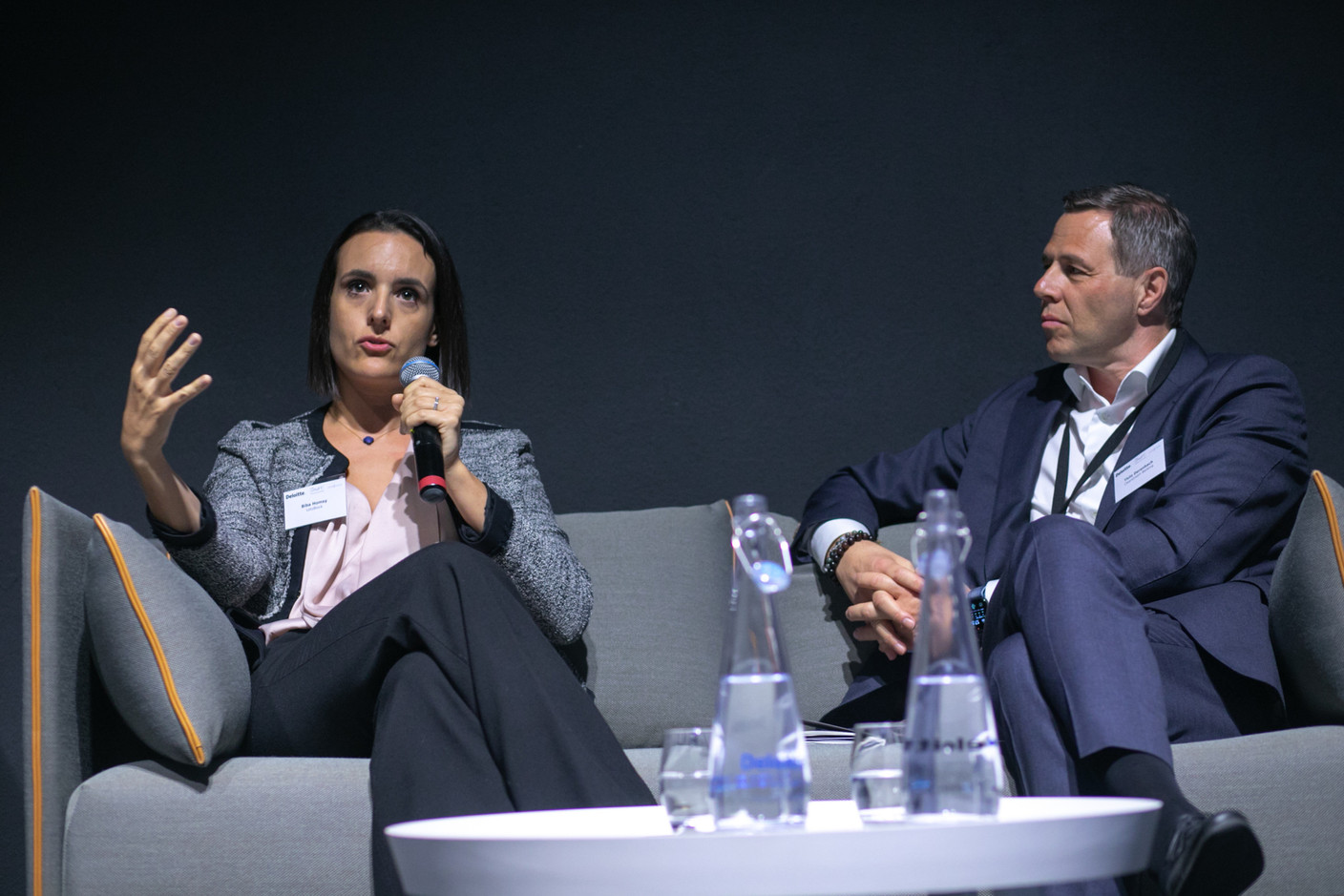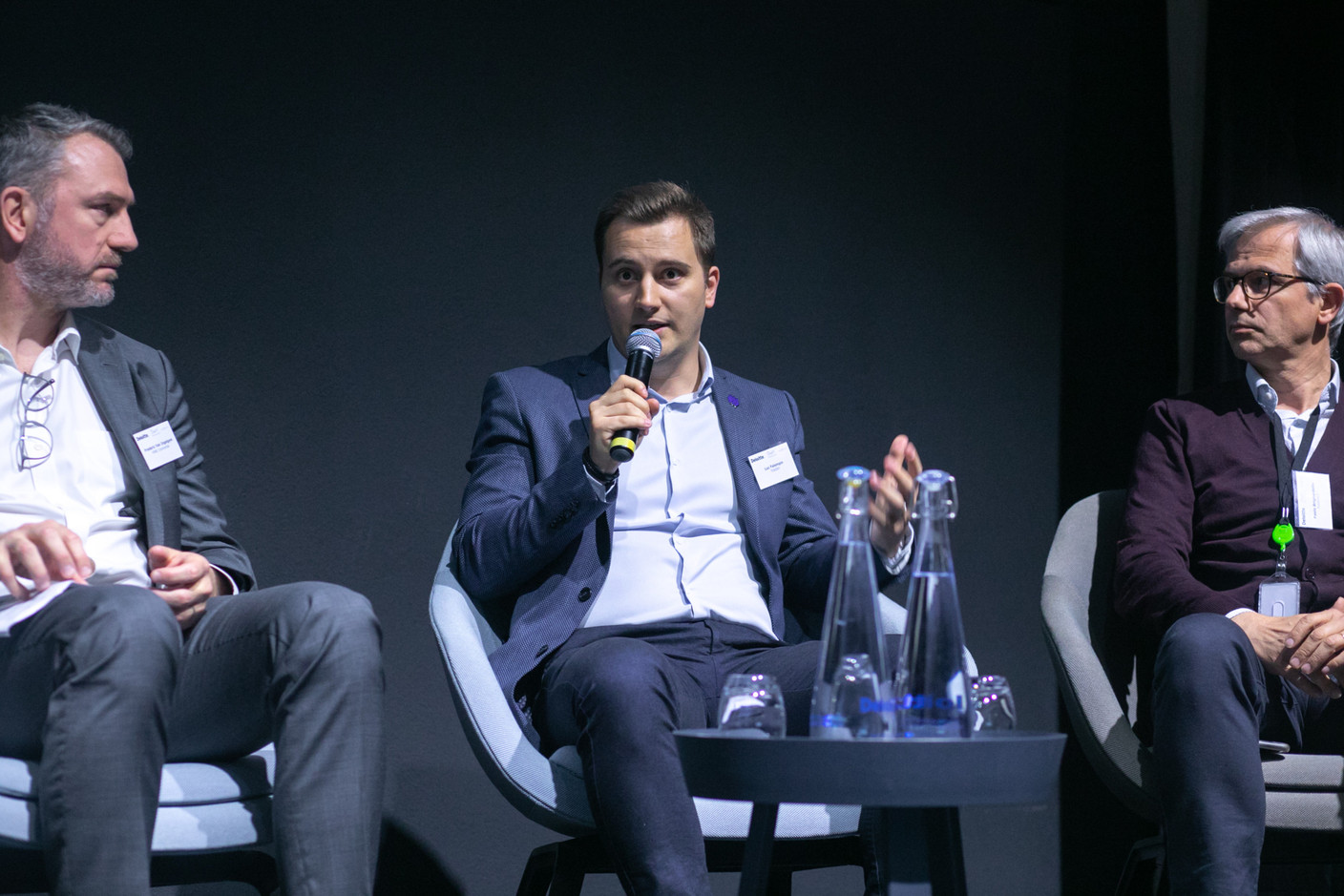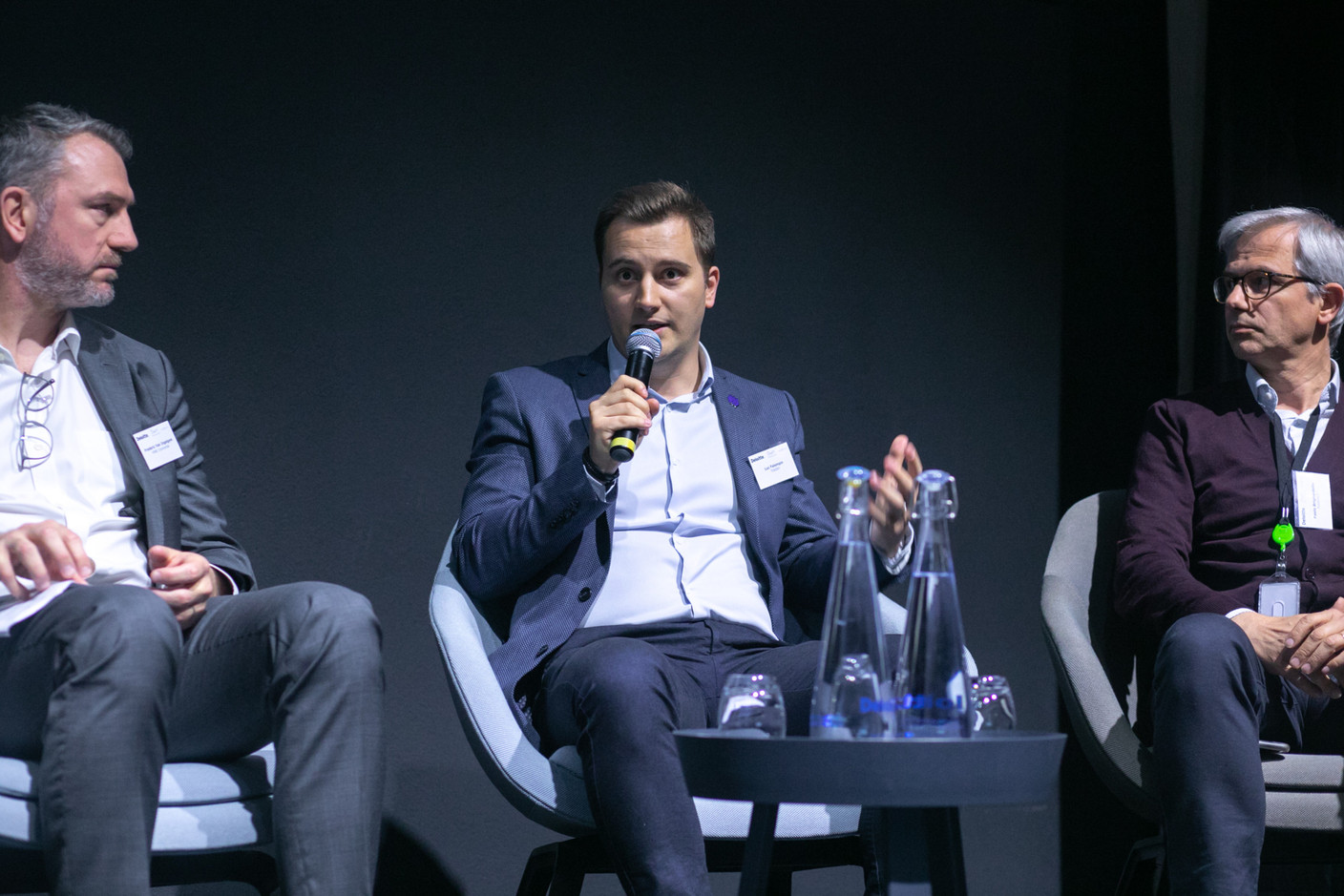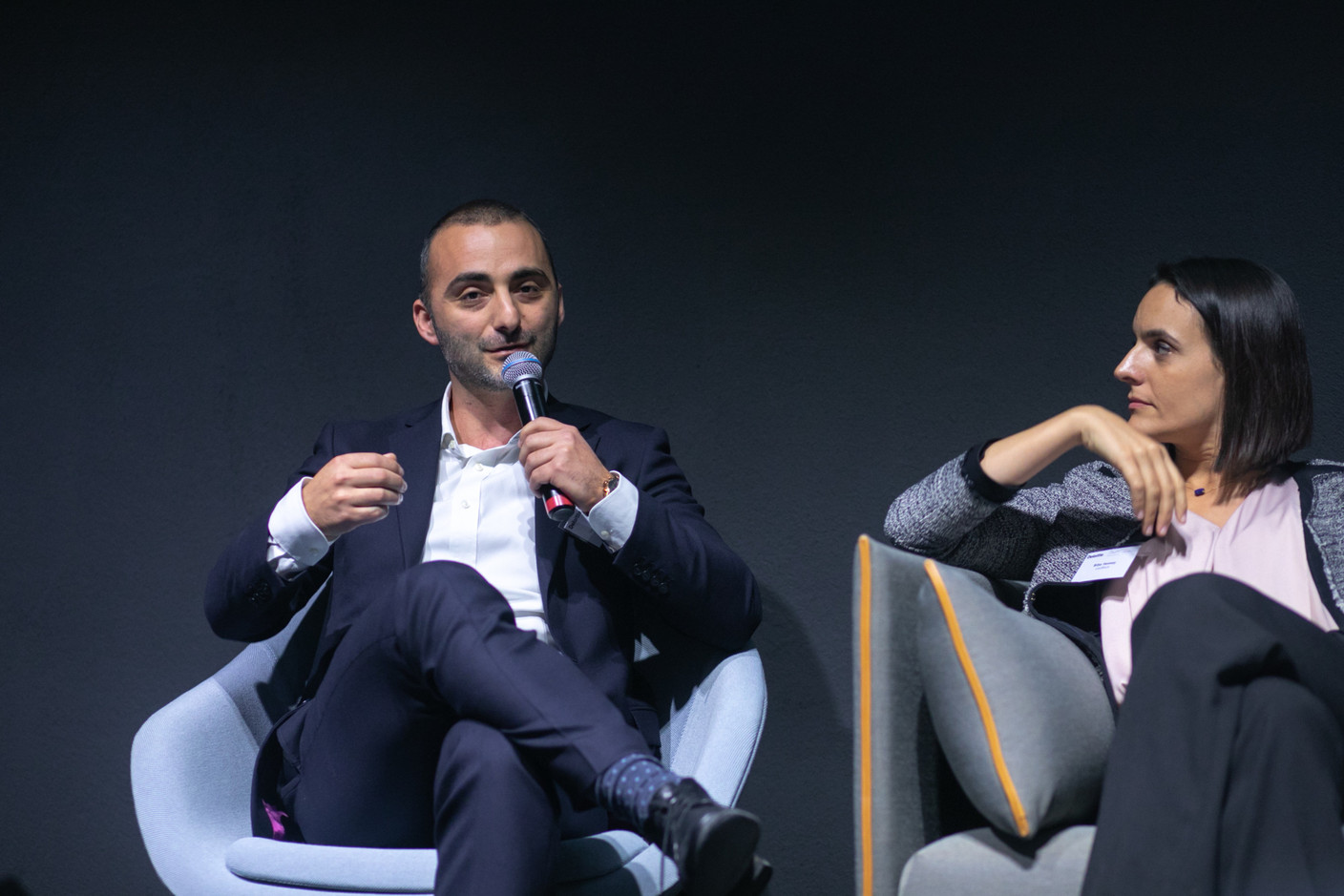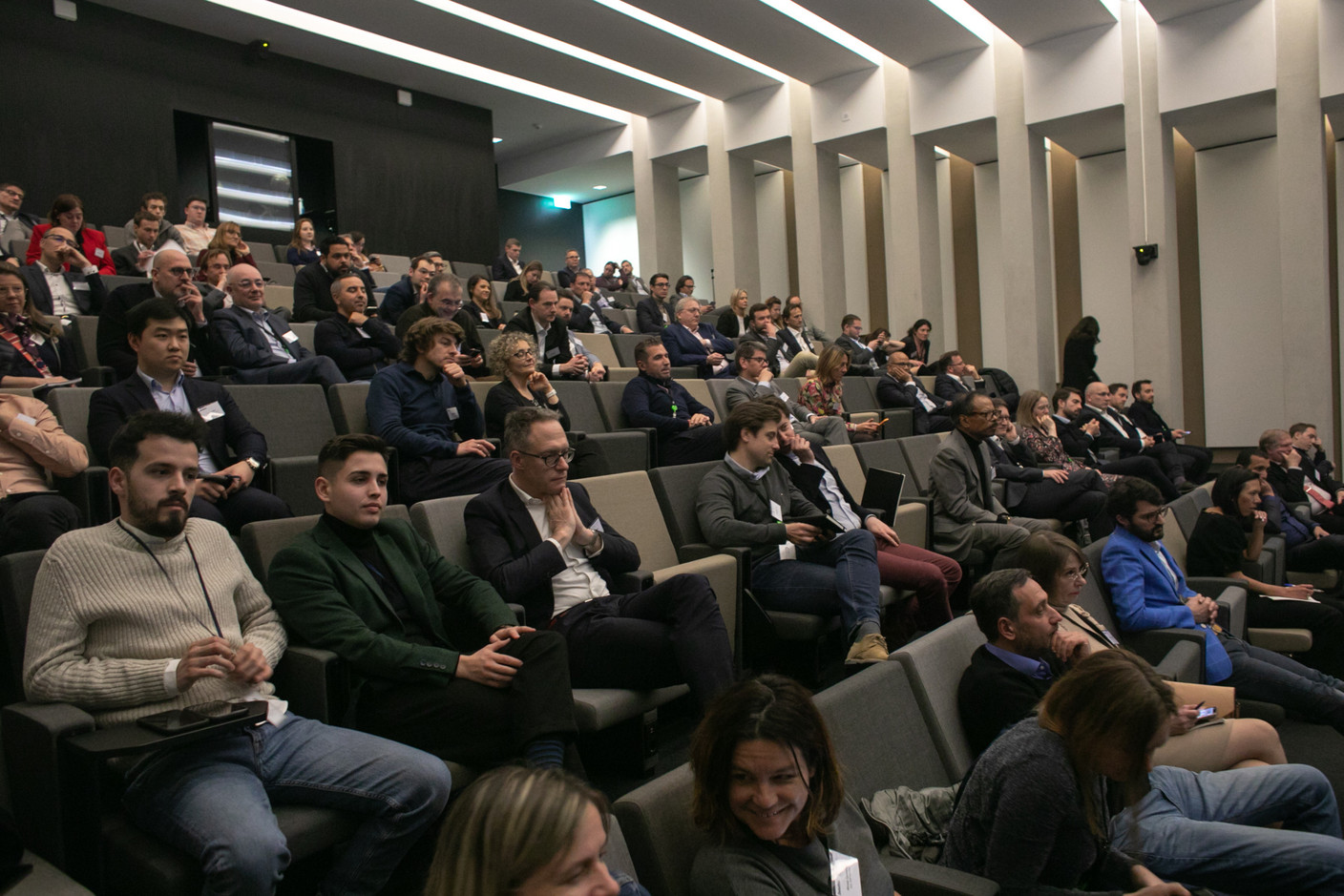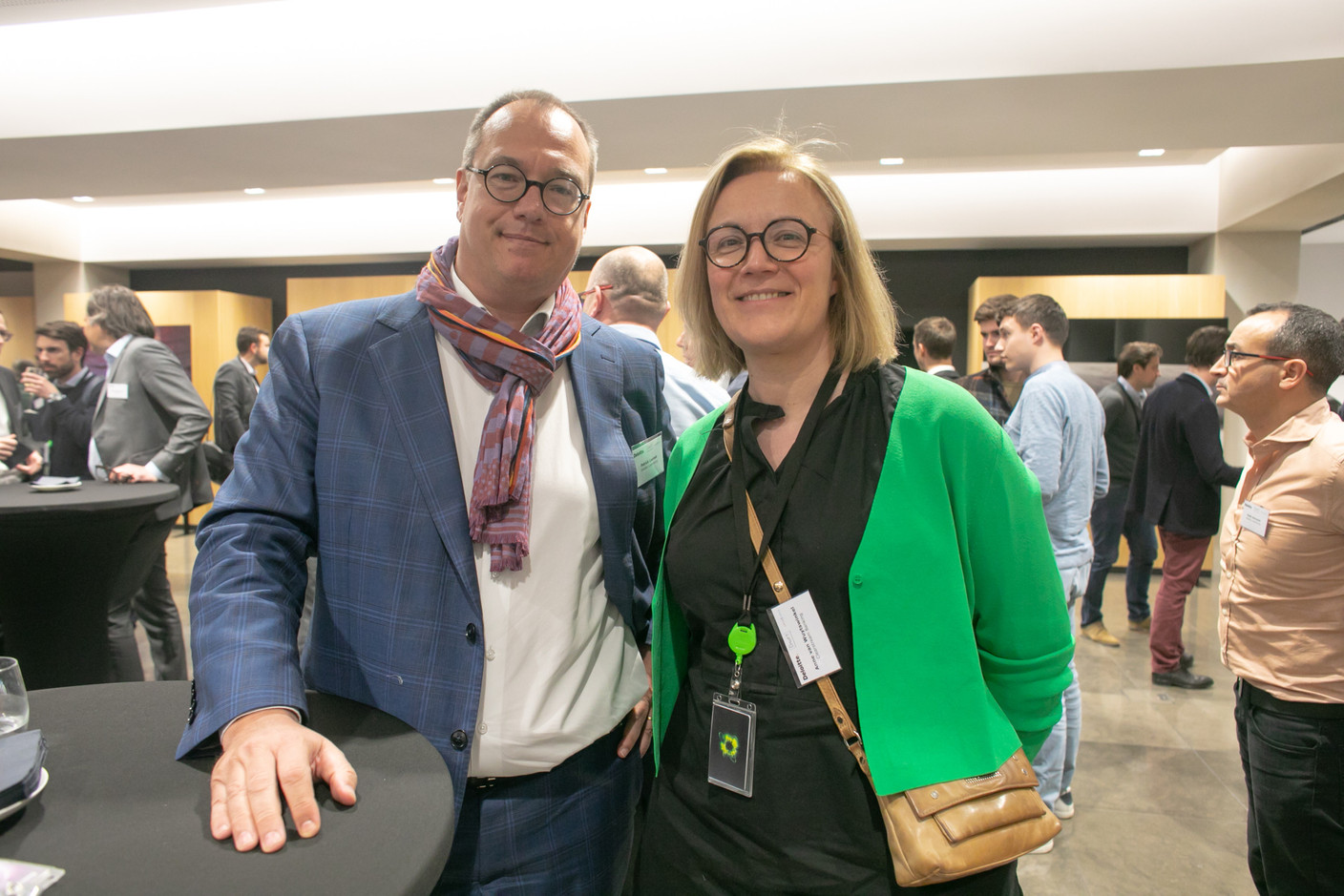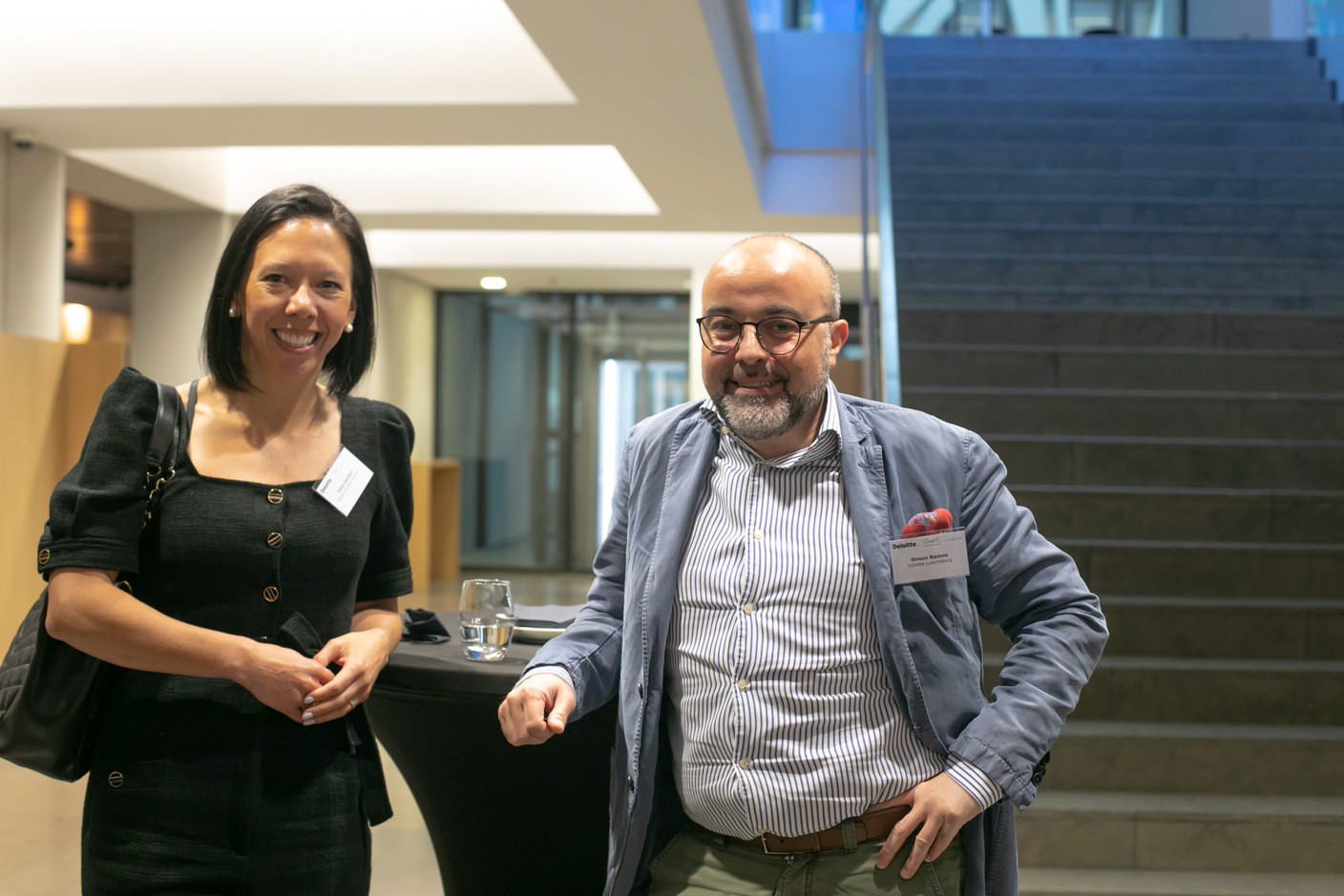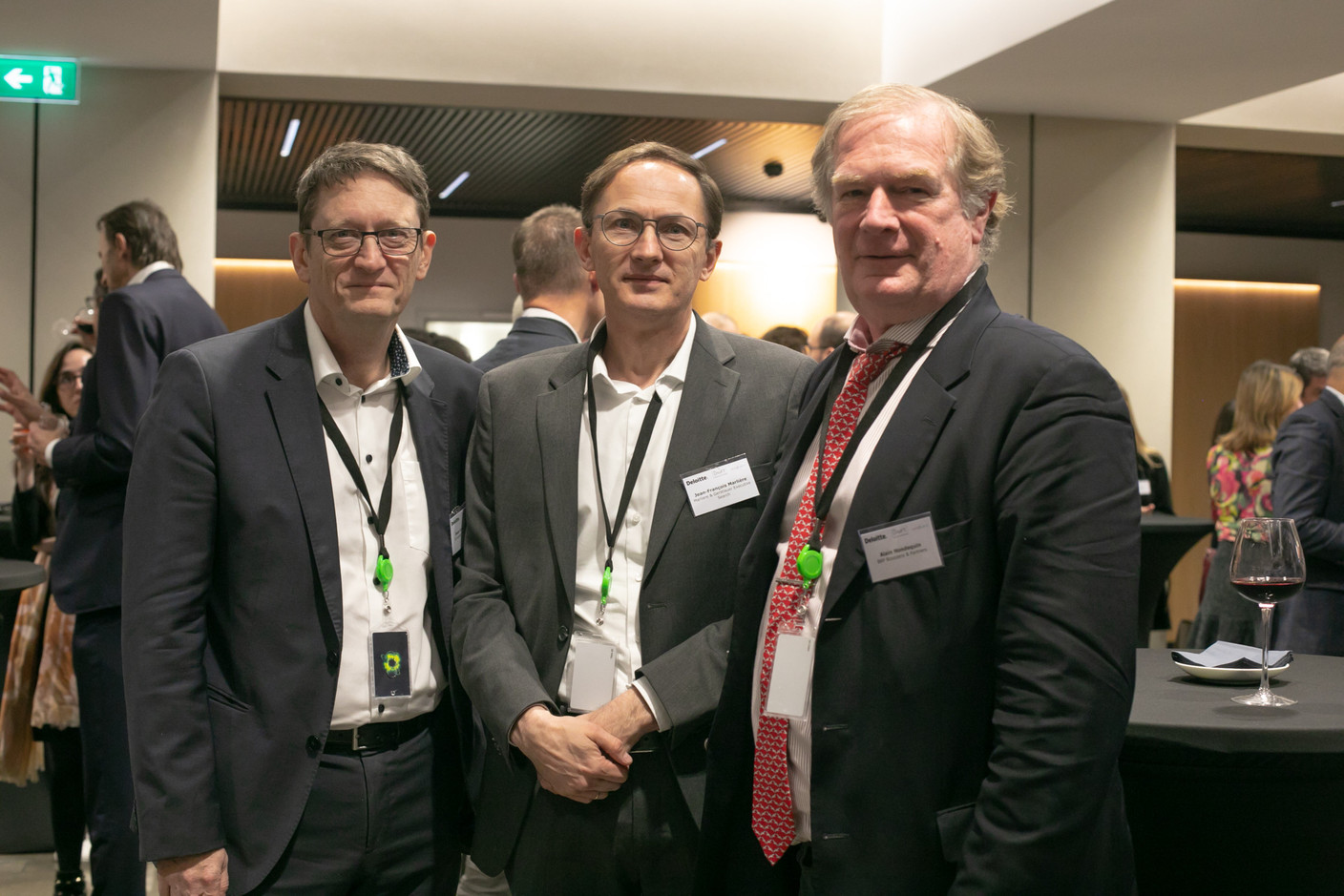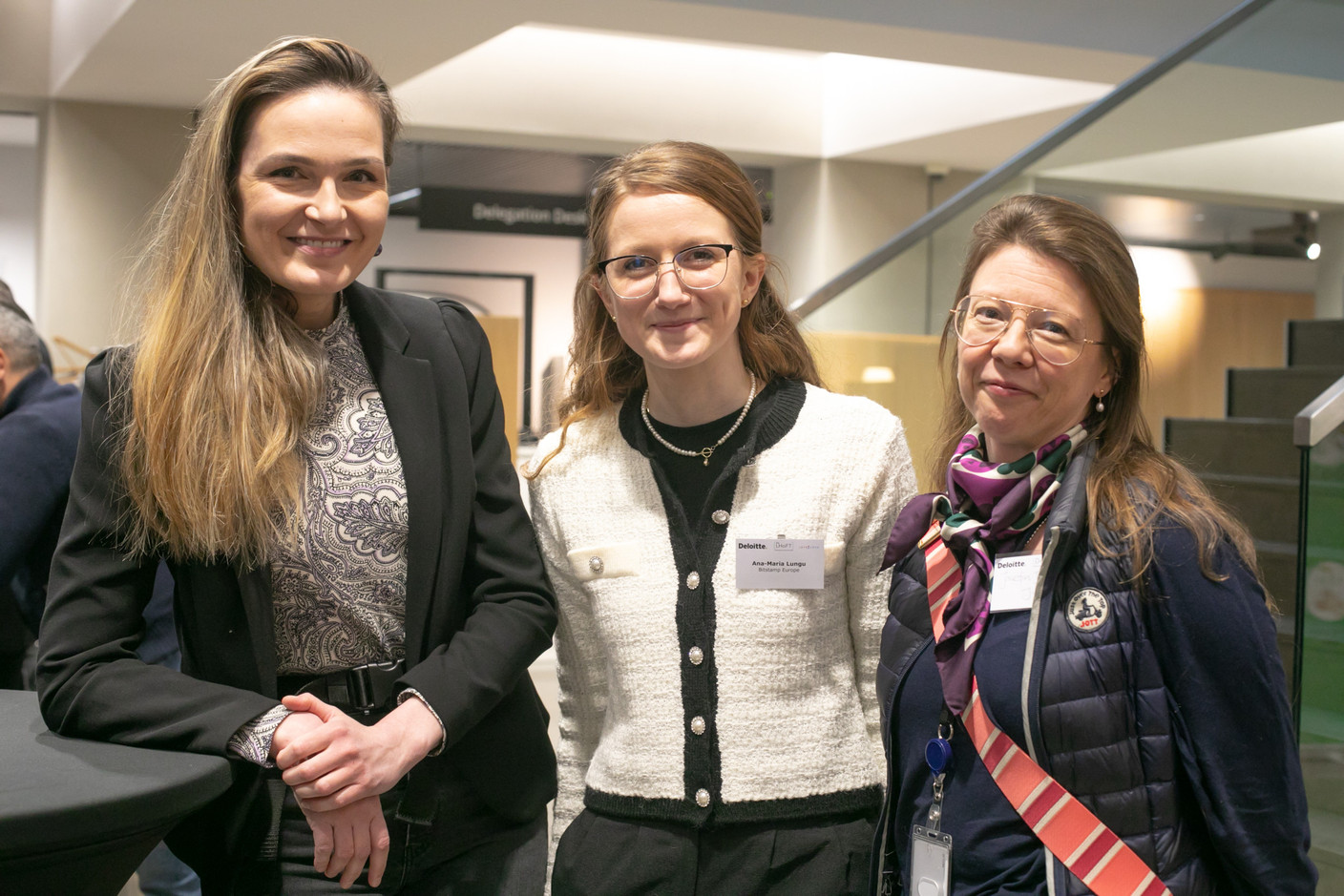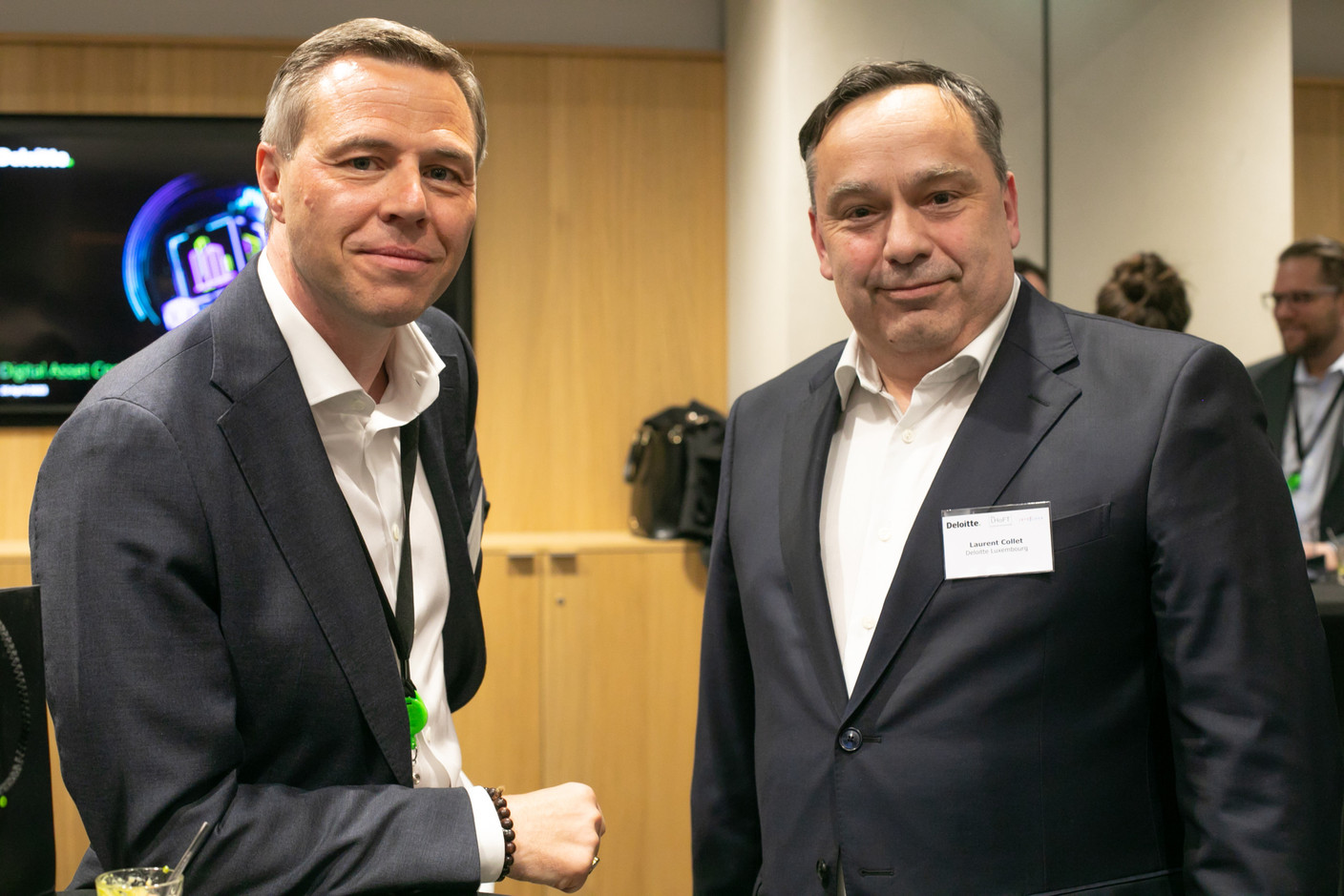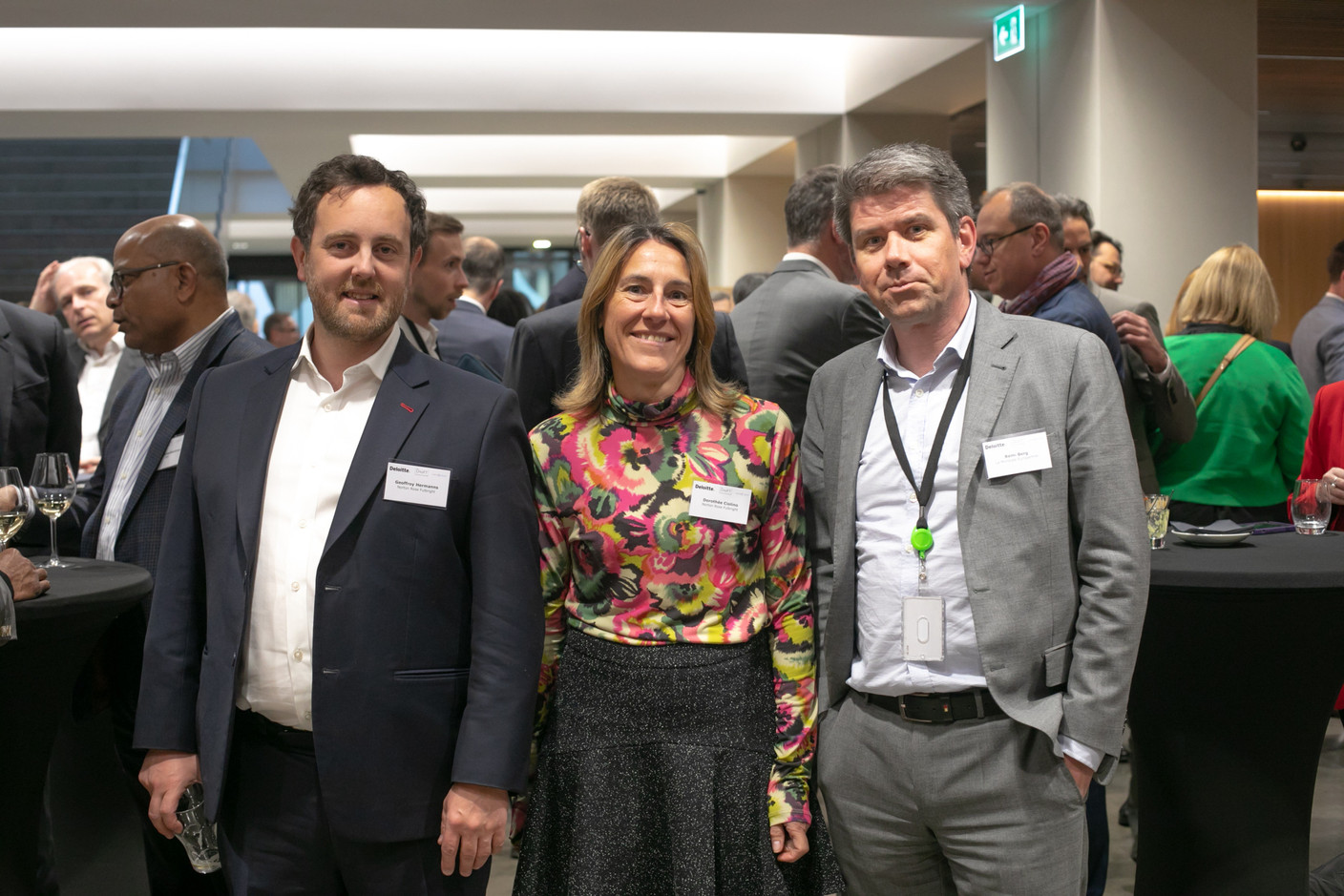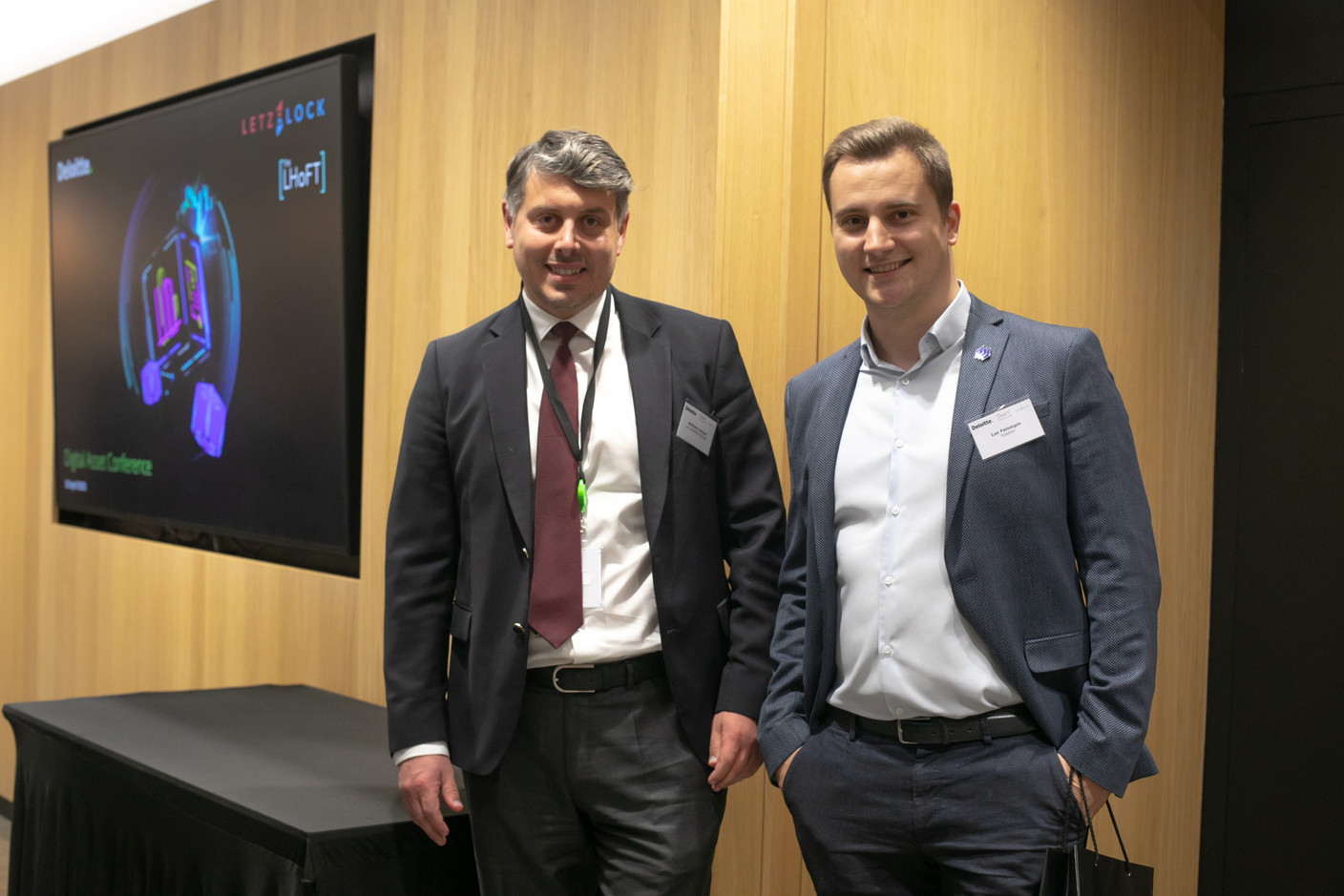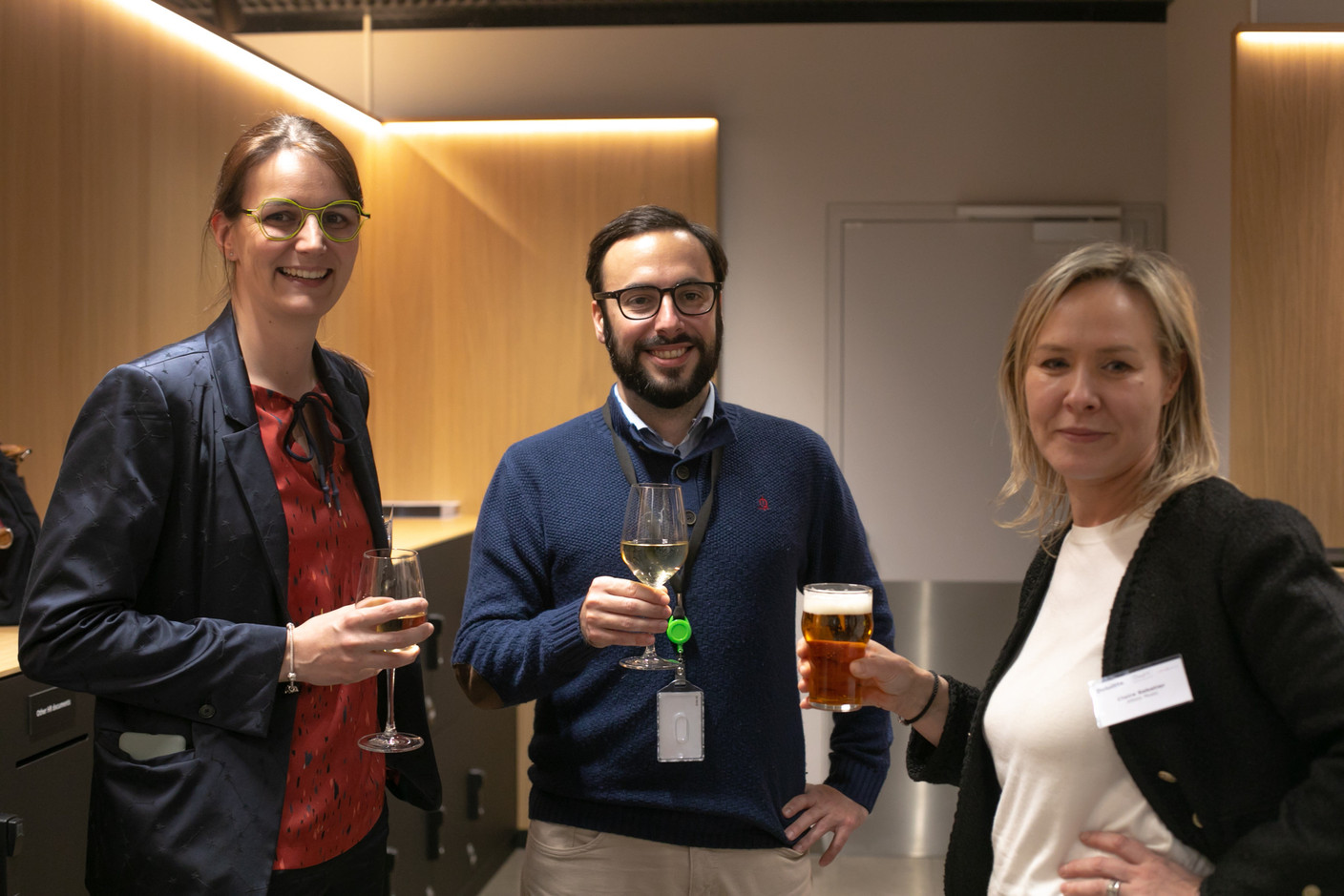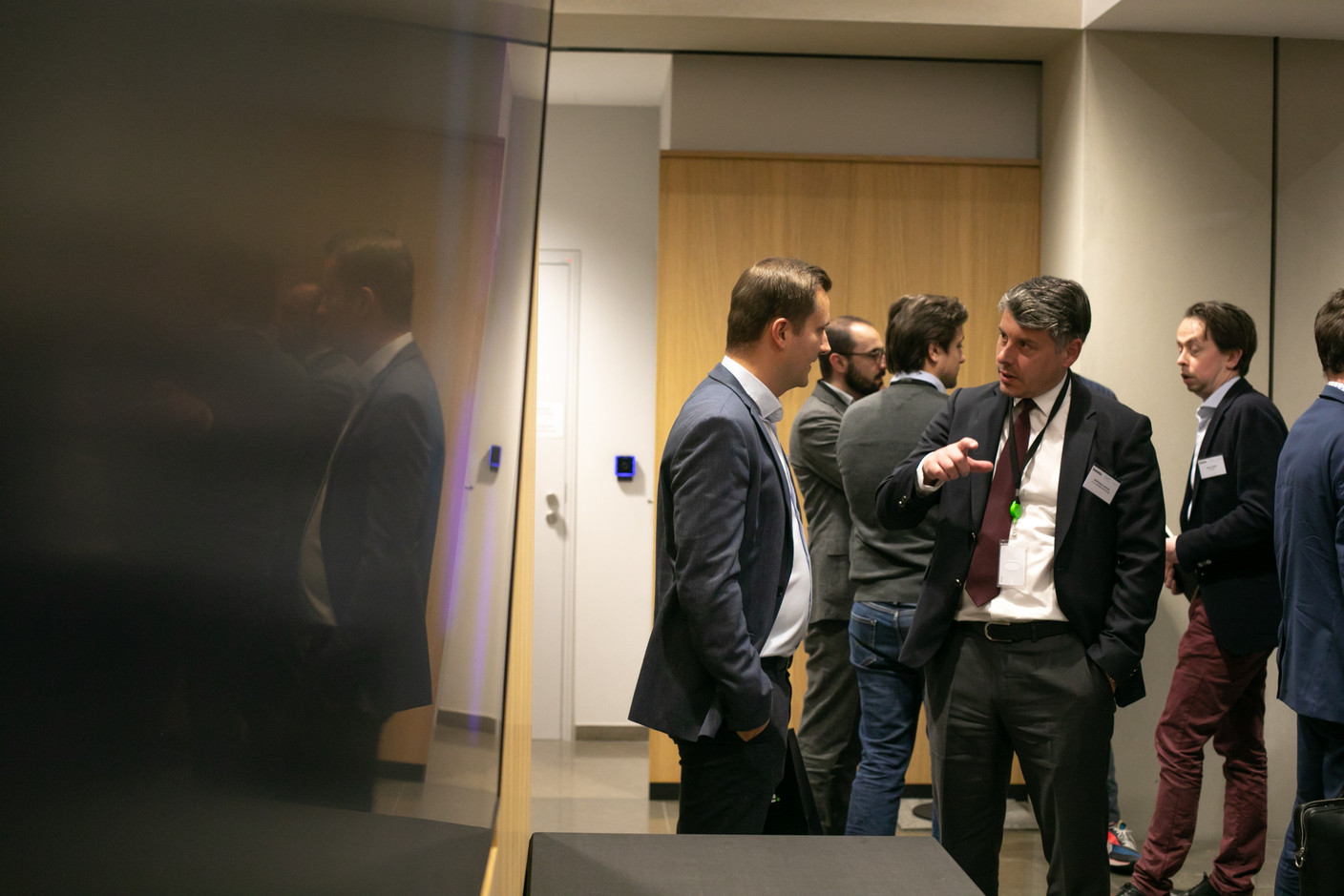This year’s Digital Assets Conference, hosted by Deloitte on 20 April, comes at an important time for financial market players investing in blockchain and distributed ledger technology (DLT). On 23 March 2023, the EU launched a new pilot regime offering regulatory exemptions to market infrastructure operators that use DLT to issue, trade and settle tokenised financial instruments.
As a first mover, Luxembourg voted into law the DLT Pilot Regime on 14 March, making it the third Luxembourg law on DLT and blockchain. The regime is part of a drive to move new and innovative technologies beyond the private testing conducted so far.
Thilo Derenbach, head of sales and business development for digital securities services at Clearstream, said the DLT Pilot regime was a good starting point, but limitations on the size and scope of the regime made it difficult for big players to get involved. “When we invest tens of millions of euros, it’s got to be a stable, continuously available and robust regulation,” he said.
But this shouldn’t stop market players from embracing DLT and adopting the technology in their business processes, according to Derenbach. “All of the market participants really need to think about how they want to adapt and adopt [blockchain technology] because this is game changing. Non-adoption, or not even thinking about this technology, will put business at risk, for sure”.
More use cases needed
There is strong and growing interest in DLT from market participants, but more use cases are needed to demonstrate how this technology can improve company profitability.
Derenbach said market players need to engage and leverage the technology to actually learn what is it is useful for. “The market needs to dip its toes into the water and test them to really experience that technology, and to see if it actually delivers the sort of efficiencies and savings it needs,” he said.
Thibault Chollet, a partner at Deloitte Luxembourg, said a use case for the issuance of products on the secondary market would be a major development. “Will DLT Pilot Regime enable the secondary market even in a sandbox? I would like to see that.”
Paolo Brignardello, chief operating officer at FundsDLT, advised firms to take a gradual approach to adopting DLT. “The adoption processes must be carried out in multiple, small steps. We need to create consistent use cases, and from there build on additional use cases.”
Luxembourg in pole position
The experts all agreed that Luxembourg was very well positioned to benefit from DLT use cases, thanks to its flexible regulatory framework, talent and healthy fintech environment.
“The country has all the ingredients to be successful…and is probably in pole position to really grasp the benefits of this technology, as it did with the funds industry many decades ago,” said Derenbach.
Laurent Collet, a partner at Deloitte Luxembourg, stated: “I’m fairly confident that we will see a growing number of initiatives in this space. It may even lay the foundations for the Luxembourg 2.0 of the future”.

